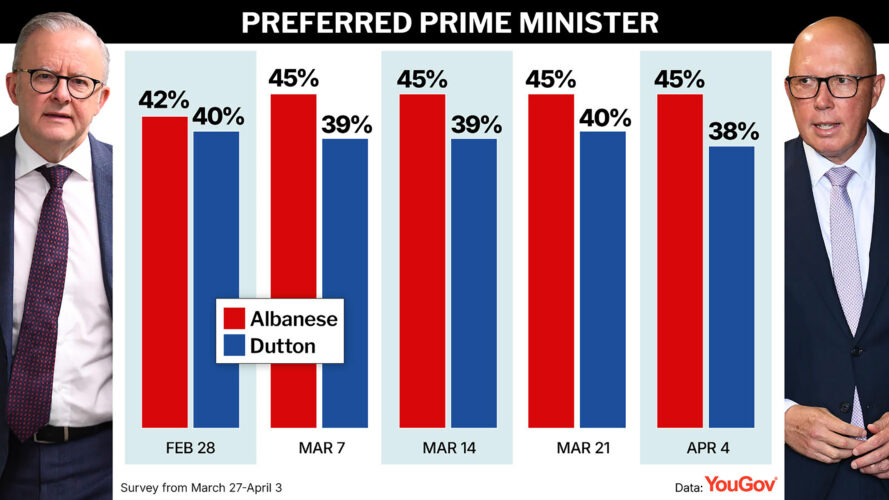Meanwhile, the United States is giving up one of its most effective soft power tools – Hollywood – under Trump.
AAP reports China is putting a ban on US movies:
China says it will immediately restrict imports of Hollywood films in retaliation for President Donald Trump’s escalation of US tariffs on imported Chinese goods, targeting one of the most high-profile American exports.
Industry analysts said the financial impact was likely to be minimal, however, because Hollywood’s box office returns in China have declined significantly in recent years.
After three decades during which China imported 10 Hollywood movies per year, Beijing’s National Film Administration said Trump’s tariff actions would further sour domestic demand for US cinema in China.
“We will follow market rules, respect the audience’s choices, and moderately reduce the number of American films imported,” the NFA said on its website on Thursday.
Hollywood studios once looked to China, the world’s second-largest film market, to help boost box office performance of movies. But domestic movies increasingly have outperformed Hollywood’s fare in China, with Ne Zha 2 this year eclipsing Pixar’s Inside Out 2 to become the highest-grossing animated film of all time.
Chris Fenton, author of “Feeding the Dragon: Inside the Trillion Dollar Dilemma Facing Hollywood, the NBA, and American Business,” said limiting US-made films was a “super high-profile way to make a statement of retaliation with almost zero downside for China”.
Hollywood films account for only five per cent of overall box office receipts in China’s market. And Hollywood studios receive only 25 per cent of ticket sales in China, compared with double that in other markets, Fenton said.
Trump did not jump to Hollywood’s defence.
“… I’ve heard of worse things,” the president said when asked about China’s restrictions.
Many Hollywood celebrities supported Trump’s Democratic opponent in the 2024 election.
One entertainment industry source predicted that big Hollywood blockbusters, which continue to attract moviegoers in China, may still reach the big screen. Walt Disney’s Marvel superhero movie Thunderbolts, which kicks off the summer blockbuster season, recently received permission to debut in China on April 30.
It was not clear if China would approve the entry of other major releases this summer, such as Paramount’s Mission Impossible — The Final Reckoning, which may mark Tom Cruise’s last appearance in the long-running franchise, Warner Bros’ new Superman movie from filmmaker James Gunn, and Marvel’s new take on The Fantastic Four.

